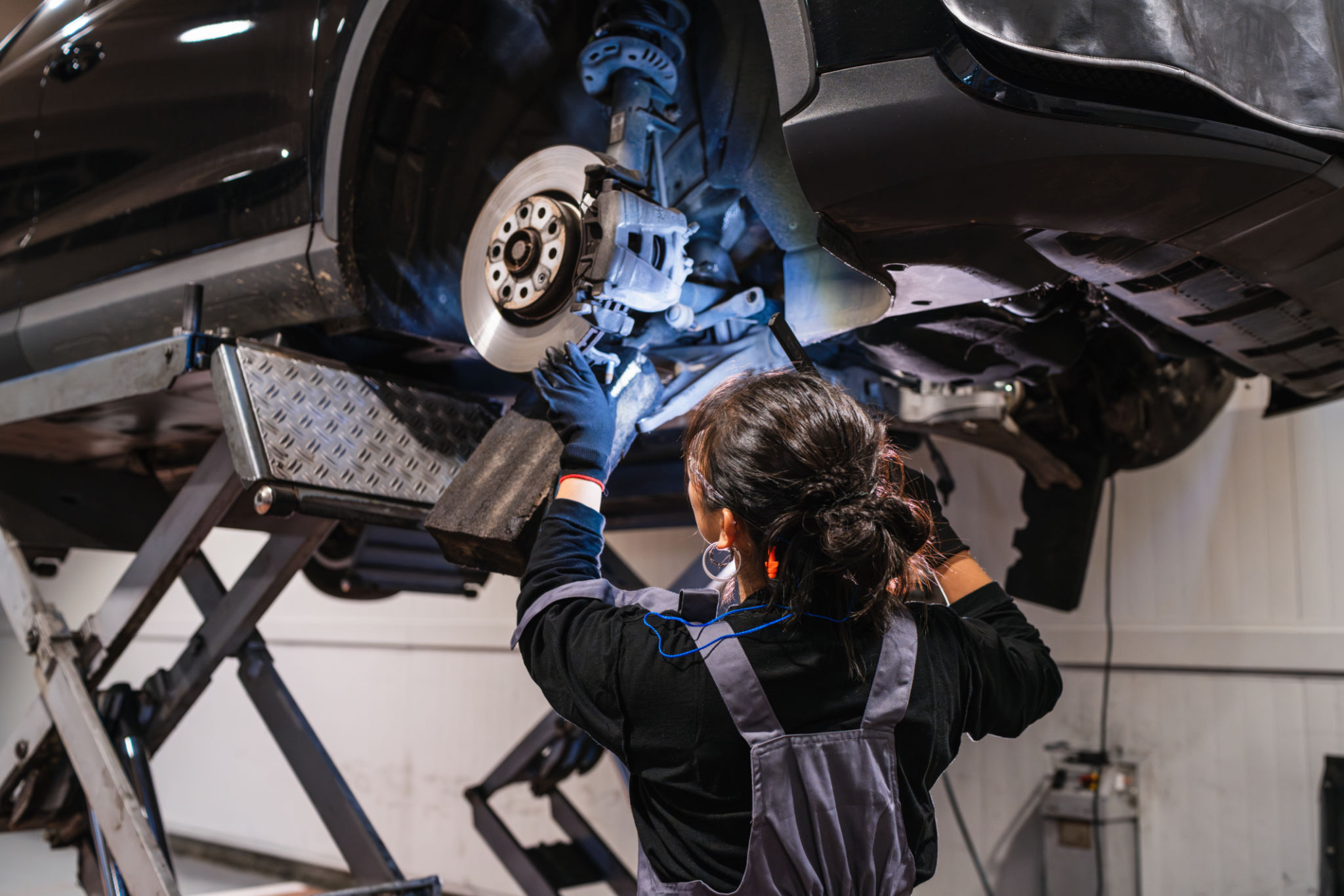Expert Tips for First-Time Used Car Buyers
Research Before You Shop
Purchasing a used car can be an exciting yet daunting experience, especially for first-time buyers. The key to a successful purchase is thorough research. Start by identifying the type of vehicle that suits your needs, lifestyle, and budget. Consider factors like fuel efficiency, maintenance costs, and insurance rates. Online resources such as consumer reviews and expert ratings can offer invaluable insights into the reliability and performance of various models.
Additionally, it’s important to understand the average market price for the vehicle you are interested in. Websites like Kelley Blue Book and Edmunds provide tools to help you gauge the fair market value of used cars based on factors like age, mileage, and condition.

Set a Realistic Budget
Setting a realistic budget is crucial when buying a used car. Determine how much you can afford to spend not only on the purchase but also on ongoing expenses such as fuel, maintenance, and insurance. It's advisable to secure financing beforehand if you plan to take out a loan. This will give you a clear picture of what you can afford and strengthen your negotiating position.
Remember to factor in additional costs such as taxes, registration fees, and any necessary repairs or upgrades the car might need after purchase. Keeping these elements in mind will help you avoid financial surprises down the road.
Inspect and Test Drive the Vehicle
Before finalizing your decision, it's essential to inspect the vehicle thoroughly. Check for any signs of damage or wear, such as rust, dents, or uneven tire wear. Examine the interior for any stains or unpleasant odors. If possible, have a trusted mechanic inspect the car to identify any potential mechanical issues that might not be visible at first glance.

A test drive is another crucial step in the buying process. Pay attention to how the car handles, brakes, and accelerates. Listen for any unusual noises that might indicate underlying problems. Testing the vehicle on different types of roads can provide a better sense of its overall performance.
Review Vehicle History Report
Obtaining a vehicle history report is an important step in making an informed decision. This report provides detailed information about the car's past, including any accidents, title status, previous ownership, and service records. Services like Carfax or AutoCheck can offer comprehensive reports that help you avoid vehicles with a troubled past.
Be cautious of sellers who are unwilling to provide this information or who attempt to downplay its importance. A transparent seller will have no issue sharing the vehicle’s history with you.

Negotiate Like a Pro
Negotiation is a critical skill when purchasing a used car. Armed with your research on market prices and the vehicle's condition, you’ll be in a strong position to negotiate effectively. Start by offering a price slightly lower than what you're willing to pay, allowing room for negotiation.
Be polite but firm in your negotiations, and don’t hesitate to walk away if the deal doesn't meet your expectations. Sometimes, showing that you are ready to leave can persuade the seller to reconsider their offer.
Finalize the Purchase
Once you've agreed on a price, it's time to finalize the purchase. Ensure all paperwork is in order, including the title transfer and bill of sale. Verify that there are no outstanding liens on the vehicle and that all necessary documents are signed by both parties.
If you're buying from a dealership, review the warranty options available for your peace of mind. Finally, make sure you obtain a copy of all documentation for your records.
By following these expert tips, first-time used car buyers can navigate the process with confidence and drive away with a reliable vehicle that meets their needs and budget.